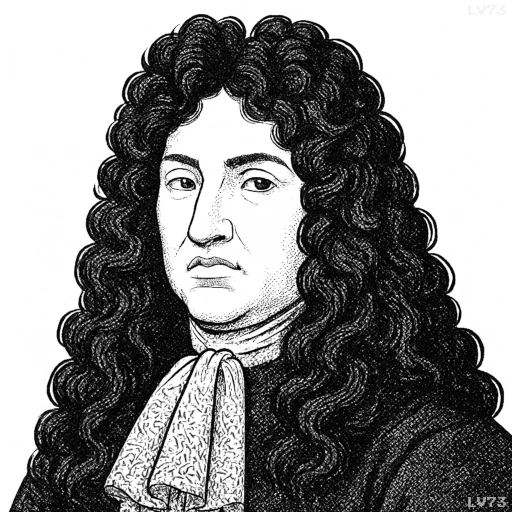“Ah, if I were not king, I should lose my temper.”

- September 5, 1638 – September 1, 1715
- Born in France
- King of France
table of contents
Quote
“Ah, if I were not king, I should lose my temper.”
Explanation
This quote reflects Louis XIV’s awareness of the unique pressures and responsibilities of his position as king. The statement suggests that, were it not for his royal status, he might have succumbed to his emotions or frustrations, possibly losing control in situations where he had to maintain a calm and authoritative demeanor. As an absolute monarch, Louis was not only the ruler of France but also the symbolic embodiment of the state itself. His words convey the restraint he had to exercise in public life, where the demands of his position required him to suppress personal feelings and maintain a dignified composure. The remark also reflects his understanding that the role of the king often necessitated a level of self-discipline and stoicism that ordinary individuals might not have to practice.
Historically, Louis XIV’s reign was characterized by both absolute authority and a focus on maintaining the prestige and order of the monarchy. As king, he was expected to project an image of calm, control, and divine right, which required him to carefully manage his emotions in public, even in the face of frustration, setbacks, or political challenges. At the same time, the quote hints at the humanity behind the king’s public persona, suggesting that despite his immense power, he was not immune to the same frustrations and emotions that others might experience. In this context, the quote could also be seen as a commentary on the burdens of leadership, where those in positions of power must sometimes hide their true feelings for the sake of maintaining authority.
In modern terms, this quote resonates with anyone in a leadership position, where emotions must often be managed in order to project confidence, stability, and composure. Whether in business, politics, or other high-pressure environments, leaders frequently have to suppress personal frustrations or emotions in order to maintain a professional and authoritative presence. The quote underscores the idea that leadership often requires self-control and the ability to manage one’s emotions, even in situations that might otherwise provoke a loss of temper. It also speaks to the broader idea that the weight of responsibility in leadership can sometimes make individuals feel as though they must constantly act with restraint to fulfill their roles effectively.
Would you like to share your impressions or related stories about this quote in the comments section?

